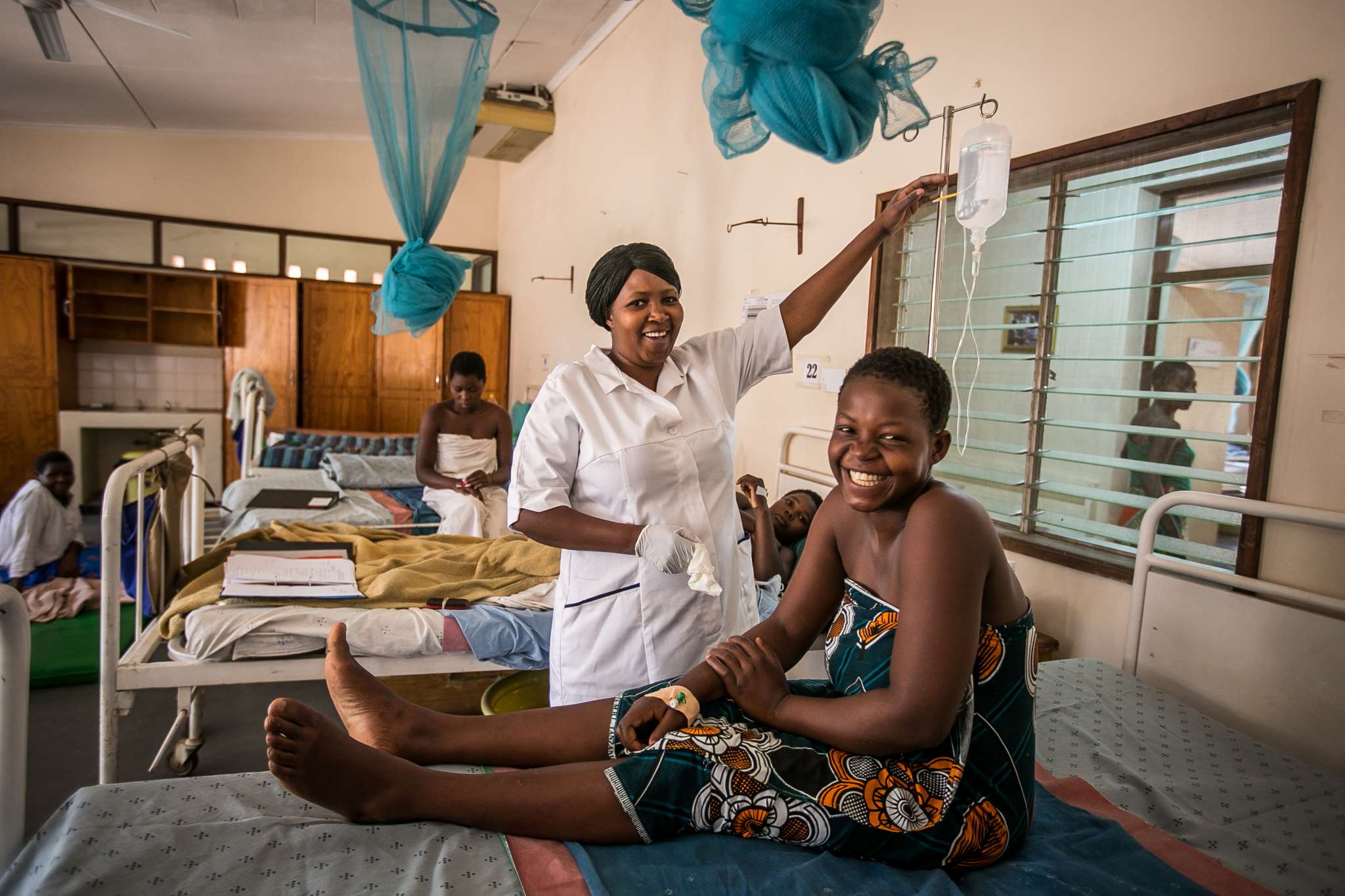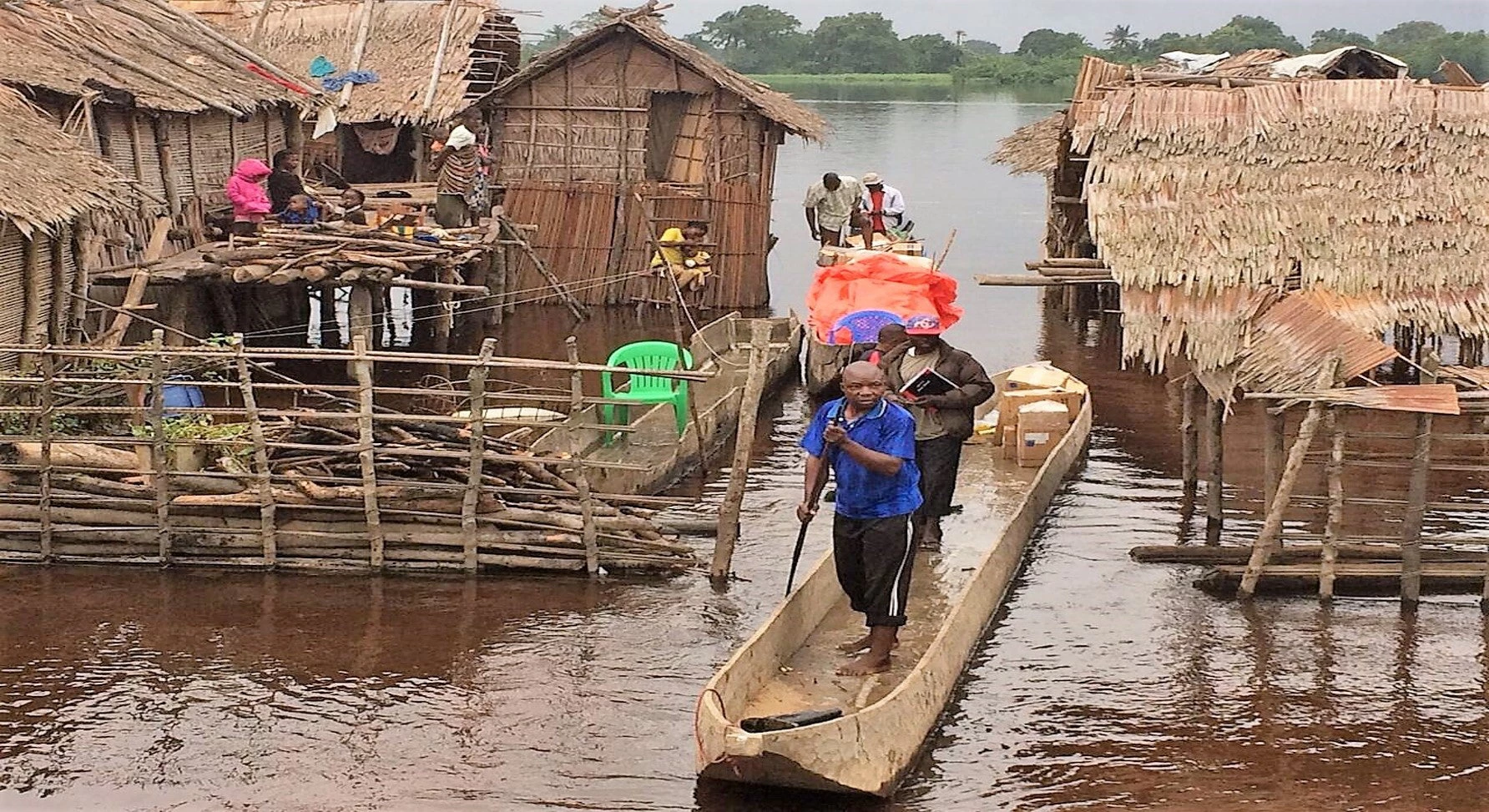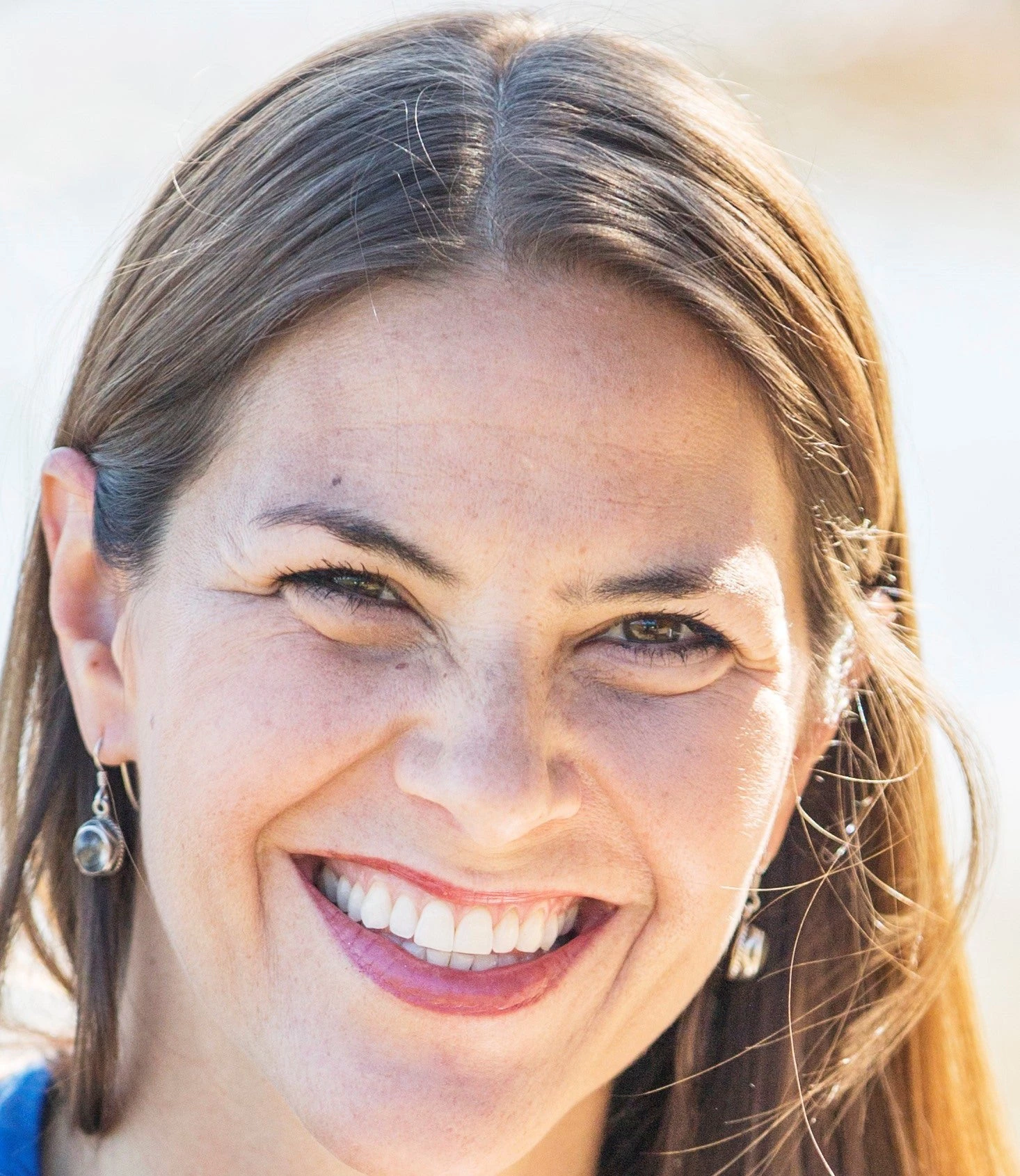 Hawa from rural Machinga district of Malawi, full of life after receiving a fistula repair surgery thanks to the health hotline Chipatala cha pa Foni (Photo by Paul Joseph Brown)
Hawa from rural Machinga district of Malawi, full of life after receiving a fistula repair surgery thanks to the health hotline Chipatala cha pa Foni (Photo by Paul Joseph Brown)
This blog is part of a series on Universal Health Coverage (UHC). The series includes contributions from external bloggers and reflects their view. Follow the conversation on Twitter #healthforall.
At the heart of universal health coverage (UHC) is leaving no one behind. Remarkable efforts are underway to energize culture, activate politicians and align global actors to prioritize actions that reach the poorest and most marginalized people first. The health, economic and social benefits of UHC are well-documented. At VillageReach, three additional reasons inspire us to lead with the last in order to ensure access to affordable and quality health services for all.
Beginning with the hard-to-reach builds resiliency. Starting with communities that are geographically or socially difficult to reach helps us develop a model that can be adapted to other, less challenging areas. In resource-constrained environments, you need to move quickly to put in place contextually appropriate systems. And you must break down silos create more efficient systems that reach everyone. In the remote province of Equateur, Democratic Republic of Congo, we implemented a model to bring medicines and supplies directly to health workers rather than having them leave patients for days to retrieve products from a provincial warehouse. Later, when Equateur became ground zero in the fight to control a fast-moving Ebola epidemic, this strengthened supply chain was used to move 30 tons of medicine to 57 health centers that serve more than half a million people in a matter of days.

The logistically challenging region in northwestern DRC of Equateur, where rural communities must rely on the Congo River to access health products and services. (Photo by VillageReach staff)
Incredible innovation comes from looking to the margins. The primary health care system of the future will be tech-enabled, integrated and more responsive to consumer needs. This is driving organizations like VillageReach to develop services that increase accessibility and convenience. Like Uber has revolutionized ridesharing for passengers, SampleTaxi is helping increase the efficiency and speed of getting results from time-sensitive tests like for early-infant diagnosis of HIV. And in collaboration with governments and a range of partners, we are testing the applicability of drone deliveries to bridge geographic distance in remote areas of several low-income countries. Although far from proven, drones have the potential to get oxytocin, emergency blood supply, vaccines and other products closer to where they are needed, and also to reduce costs of reaching remote populations by traditional modes of transport.
The populations we are trying to serve understand their needs better than anyone else. Several years ago, the Malawi Ministry of Health and Population and VillageReach developed a community-based hotline in the Balaka district of Malawi to address barriers accessing maternal and child health information. What we couldn’t have predicted is how this service evolved to address social barriers. In Malawi, nearly one in three girls aged 15-19 are having children and there’s a significant unmet need for family planning. When we share that there’s an anonymous health hotline where people are trained to answer questions about adolescent health, their relief is palpable. Today Chipatala cha pa Foni is available nationwide, reaching people in their own homes and according to Dr. Nedson Fosiko, Deputy Director of Clinical Services “it provides a lot of potential to achieve universal health coverage”.
We share a common humanity with each person on the planet. Perhaps the most important reason to fight for UHC are the individuals themselves – those who have systems, structures and business models stacked against them. They are patients like Gloria and Hawa, who have incredible stories and children to care for and dreams. They are health workers like Ruphin and Helena who are fighting long odds to care for the people in their communities. These are the people for whom UHC was designed. And when we give statistics a name, a face, and a story, we humanize them, we make them real. We don’t want to let them down.
The world will continue to experience shocks due to climate change and global instability. The health system of the future requires people-centered systems that are more resilient in the face of these shocks. We must embrace and shape this system to maximize access to quality health care for the very poor – the Hawas in our midst. Our push for UHC provides an opportunity to do just that.


Join the Conversation